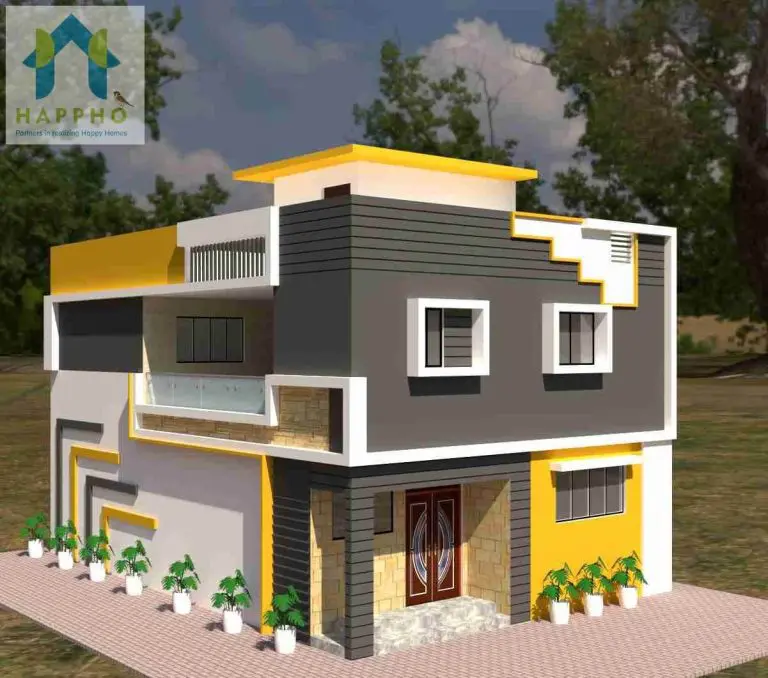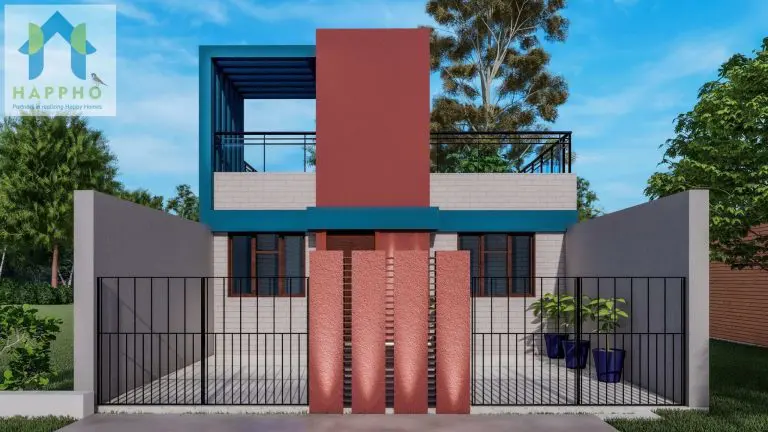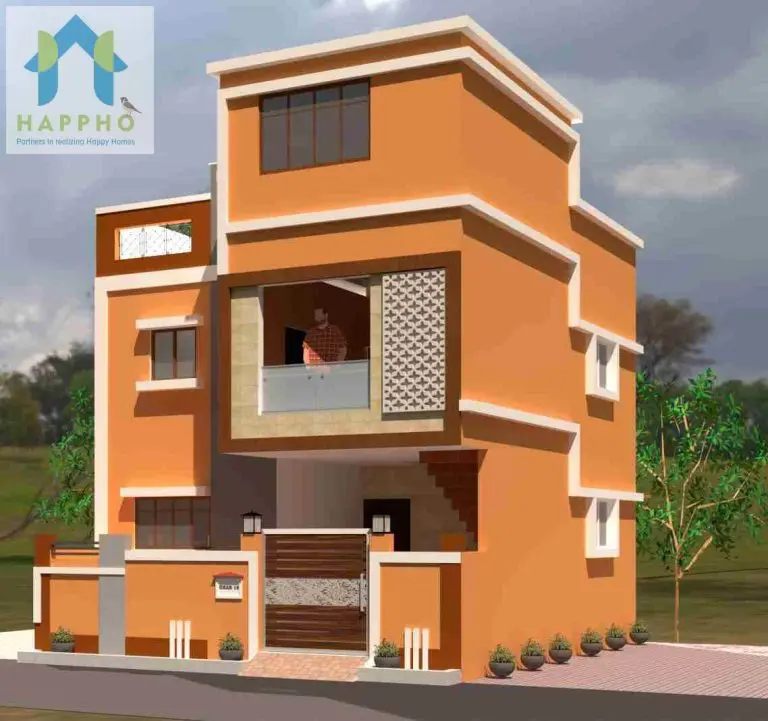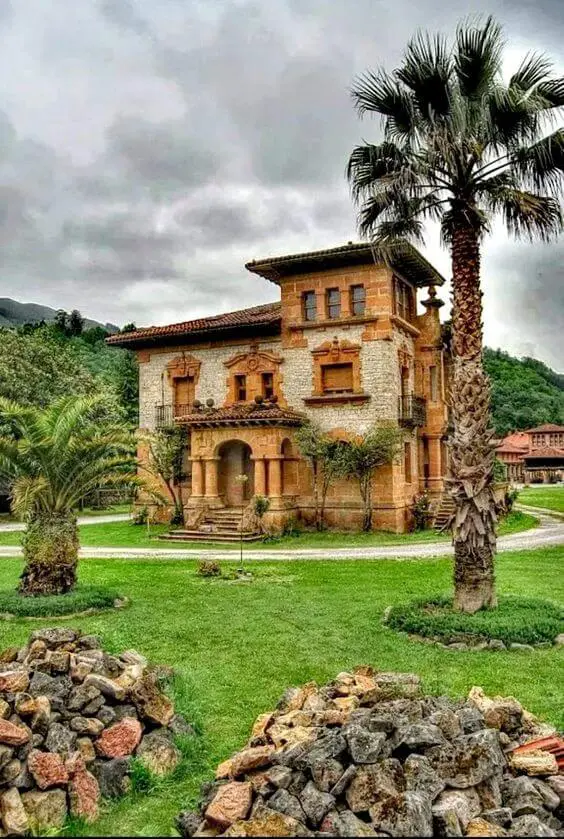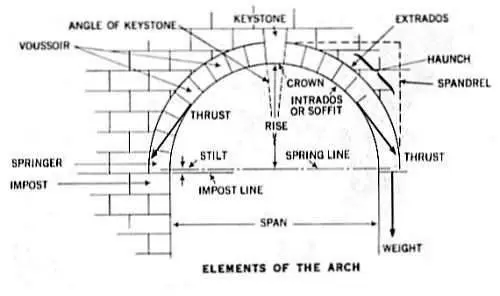The Chennai Metropolitan Development Authority (CMDA) is responsible for the regulation of developments in Chennai Metropolitan Area by issuing Planning Permission (PP) under section 49 of the Tamil Nadu Town and Country Planning Act 1971.
CMDA has delegated powers to the local bodies within the Chennai Metropolitan Area to issue Planning Permission for ordinary buildings and building under categories such as Industrial, Residential, Institutional and Commercial. Planning Permission for the other major developments will be issued by CMDA itself. Any builder who does not meet the requirements with the concerned sanctions is at a liability for penalty or even prosecution.
The building permission, if granted, is subject to rigorous inspection involving the authenticity of the land, geo-location of the building, safety regulations, height and other criteria set by the Municipal authorities of Chennai.
The application can be files under Chennai city Municipal Corporation / Municipality / Town Panchayat / Panchayat Union depending upon the location of the building. Major developments must be filed under the CMDA itself. The applicants or land owners can view the stages of their application in the website of corporation of Chennai.
Steps and documents required for House Construction Approval in Chennai (CDMA)
Here are the steps a builder has to go through before getting a plan approved:
1. Land Title Document
The very beginning step to building plan approval is to make sure that the builder has a clear title of the land over which the building is proposed to be constructed. In other words, the application will be scrutinized for its conformity to the land use under Detailed Development Plan.
They need to ensure that they are the owner of the land. Neither should there be any pending mortgages against the land, nor any financial disputes concerning to the land. The time required to obtain clear title/ownership certificate is 15 days and is provided to the builder by the Revenue Department.
2. Land Clearance
Zoning laws vary from one zone to another. On account of urbanization, an agricultural land may have been converted to non-agricultural land for residential purposes. In such cases, an approval from local body and the Chennai Ministry of Urban Development (UD) is needed for its conversion.
The site will be inspected by the Building Plan Inspector/ Town Plan Officer of CMDA. At the counselling and consultancy counter of CMDA’s Office Complex at Egmore, details of land use and clarification of Development Regulations can be obtained.
3. Building Plan Submission
The builder must evaluate the building plan drafted by the architect and make sure the architect incorporates all the changes required before submission. In other words, once the builder is completely satisfied, the plan must be frozen. The auto – DCR software is used for the scrutiny of the plan. No drastic changes will be allowed hereafter.
The building plan comprises of a graphical representation of what the building will look like after construction. It helps ensure that the building complies with the existent building laws. Once the building plan is approved, commencement certificate will be provided. That is the permission to begin construction from local development authority of Chennai.
With the absence of the above mentioned documents, the builder does not have the right to lay the foundation stone or begin construction.
4. Certificate of Completion
After the completion of the construction process, the completion certificate will be issued following an authorised inspection by the Corporation of Chennai within 3 days from the date of submission.
This makes sure the building has been built in accordance with the initially approved plan. It is mandatory to own a completion certificate before the builder gets to sell the building.
5. Resources and Services
An approval from the concerned Local body of Chennai is necessary for electricity, gas and water, both for portable and non-portable use inside the building. The aforementioned amenities will only be provided if the building complies with all existing building laws.
A “No Objection Certificate (NOC)” must be obtained from the pollution board and the municipality of Chennai in order for the approval for sewer and water supply.
6. Certificate of Occupancy
Finally, the local authority of Chennai must provide the occupancy certificate before any kind of occupancy or activity in the building can take place. The local body then forwards the proposals to concerned authorities of the Chennai.
Precautions to be taken before submitting documents for building approval
What are some of the precautions to be taken before the application for building approval?
- Making sure the building plan is precise and actual site measurements are followed.
- Reading through and understanding all the bye-laws concerning the approval of the building.
- Aiming to precisely follow the approved plan without any changes in the future.
- Making sure all documents submitted for the building approval is right and legible.
Although getting all the required construction approvals from the concerned departments is a time consuming process, it is highly necessary in order to maintain uniformity and transparency throughout the building construction system. It helps in ensuring that all buildings are constructed under unbending laws at all costs. Most Building Approvals are granted within 30 days from application if the mentioned steps are followed righteously.
– Ambika Kannu

